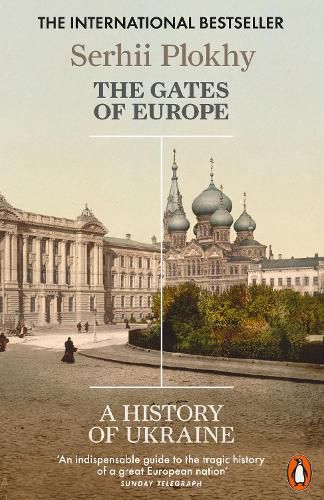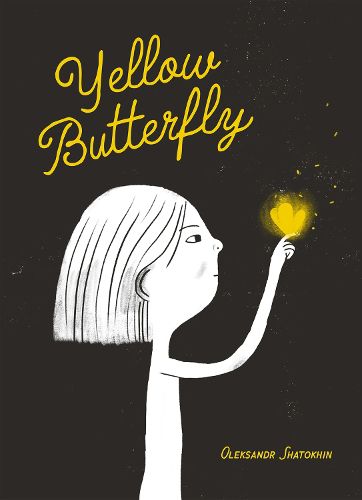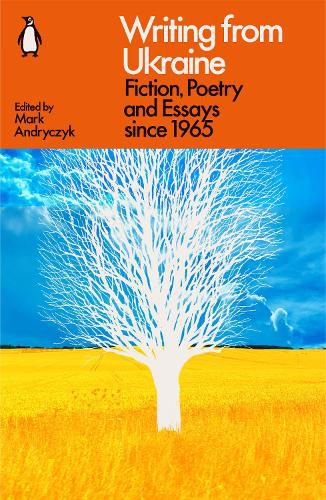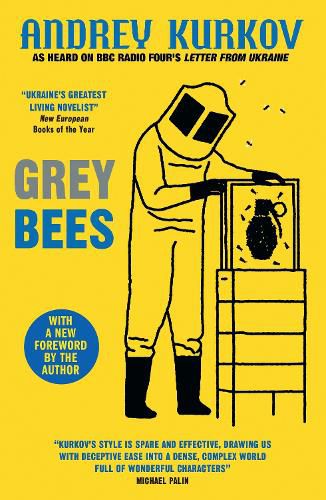Alina from our 2023 Readings Teen Advisory Board has been working to contextualise Ukraine through literature.
As Ukraine is in the centre of a war near global proportions, its literature and art are drawn upon to sustain its cultural identity and presence in the world. From poetry in the soviet era, and authoritative texts on Ukraine's vital history, to fictional works by Ukraine's most dynamic writers, this list of books has been created to help deepen my own understanding, and in sharing it i hope it may help others to learn more about Ukraine too.
These books were recommended by historicists online, have appeared in many awards, and my parents had read and mentioned some also. My family's eastern European background has influenced my connection to Ukraine and how words hold a significant power in history, hence how this list was inspired.
The Gates of Europe by Serhii Plokhy
The definitive history of Ukraine which helps us understand the country’s past and the current crisis.
Located at the western edge of the Eurasian steppe, Ukraine has long been the meeting place of empires - Roman to Ottoman, Habsburg to Russian - and they all left their imprint on the landscape, the language and the people living within these shifting borders. In this authoritative book, Harvard Professor Serhii Plokhy traces the history of Ukraine from the arrival of the Vikings in the tenth century to the current Russian invasion of eastern Ukraine and annexation of Crimea.
Fascinating and multilayered, The Gates of Europe is the essential guide to understanding not just Ukraine’s past but also its future.
The Yellow Butterfly by Oleksandr Shatokhin
A wordless picture book portrayal of war seen through the eyes of a young girl who finds hope in the symbolism of yellow butterflies against the background of a pure blue sky.
Using the colors of his national flag, Oleksandr Shatokhin has created a deeply emotional response to the conflict in Ukraine and provided a narrative full of powerful visual metaphors for readers to consider as they travel from the devastating effects of war to a place of hope for peace and the future. Back matter includes notes on sharing a wordless picture book and how to talk to children about war.
A portion of the sale of this book will be donated to the Universal Reading Foundation who supply children’s books to Ukraine.
Writing from Ukraine edited by Mark Andryczyk
Under USSR rule, the subject matter and style of literary expression in Ukraine was strictly controlled and censored. But once Ukraine gained independence in 1991 its literary scene flourished, as the moving and delightful poems, essays and extracts collected here show.
There are fifteen authors included in this book, both established and emerging, and in this anthology we see them grappling with history and the future, with big questions and small moments.
From essays about Chernobyl to poetry about Robbie Williams, from fiction discussing Jimmy Hendrix live in Lviv to underground Ukrainian poetry of the Soviet era, Writing from Ukraine offers a unique window into a rich culture, a chance to experience a particularly Ukrainian sensibility and to celebrate Ukraine’s nationhood, as told by its writers.
Grey Bees by Andrey Kurkov, Boris Dralyuk (trans.)
Little Starhorodivka, a village of three streets, lies in Ukraine’s Grey Zone, the no-man’s-land between loyalist and separatist forces. Thanks to the lukewarm war of sporadic violence and constant propaganda that has been dragging on for years, only two residents remain: retired safety inspector turned beekeeper Sergey Sergeyich and Pashka, a frenemy from his schooldays.
With little food and no electricity, under ever-present threat of bombardment, Sergeyich’s one remaining pleasure is his bees. As spring approaches, he knows he must take them far from the Grey Zone so they can collect their pollen in peace. This simple mission on their behalf introduces him to combatants and civilians on both sides of the battle lines: loyalists, separatists, Russian occupiers and Crimean Tatars. Wherever he goes, Sergeyich’s childlike simplicity and strong moral compass disarm everyone he meets.
But could these qualities be manipulated to serve an unworthy cause, spelling disaster for him, his bees and his country?
Grey Bees is as timely as the author’s Ukraine Diaries were in 2014, but treats the unfolding crisis in a more imaginative way, with a pinch of Kurkov’s signature humour. Who better than Ukraine’s most famous novelist - who writes in Russian - to illuminate and present a balanced portrait of this most bewildering of modern conflicts?






